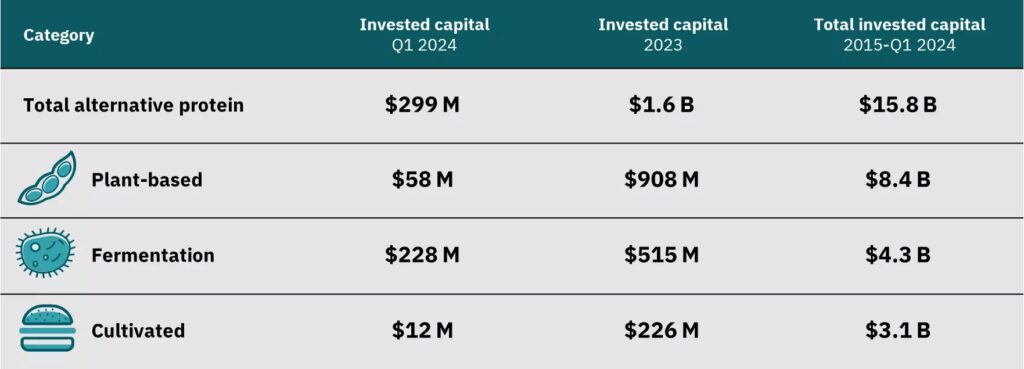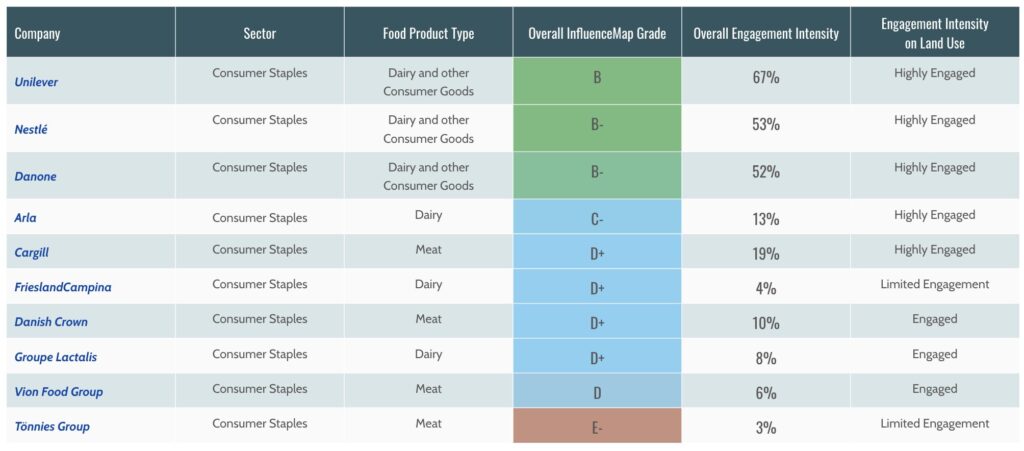Why Danone Bet on Precision Fermentation & ‘White Biotech’ for the Future of Food
5 Mins Read
French dairy giant Danone is part of a consortium that aims to scale up precision fermentation via a new open platform – in an interview, the company explains its thinking behind the move.
Danone aims to ramp up its innovation cycle and drive down its emissions with the new Biotech Open Platform it announced earlier this month, the company tells Green Queen.
Established in partnership with tyre manufacturer Michelin (yes, that one), local investment bank Crédit Agricole and US startup DMC Biotechnologies, the initiative looks to scale up fermentation technologies – particularly precision fermentation – to create bio-sourced materials and ingredients for multiple industries.
Housed at the Parc Cataroux Center for Sustainable Materials in Clermont-Ferrand (an accelerator supported by Michelin), the project has been infused with €16M ($17.1M) in its first phase. The Biotech Open Platform is also backed by public and private institutions like the University of Clermont Auvergne, biotech startup Greentech, the Auvergne-Rhône-Alpes Region under the European Regional Development Fund (ERDF), and the Clermont Auvergne Métropole.
“For more than 100 years, Danone has been pioneering and leveraging ferments and fermentation technology to bring nutrition and taste to our product categories,” a Danone spokesperson says.
“By joining forces with top industry experts across categories, connecting with the food startup ecosystem as well as the academic world, we will be able to accelerate our innovation and decarbonisation projects, and drive competitive advantage with precision fermentation,” they add.
Precision fermentation will ‘continue to grow’

The Biotech Open Platform will enable the scale-up of precision-fermented products and processes already tested in the library, with plans to install an initial demo-scale production line (including a fermenter and purification equipment) by next year.
More equipment – and a second production line – will be introduced in the following years, which will allow the project to meet the scale-up needs of the founding companies and open it up to others in the industrial biomanufacturing sector.
“This open platform will start with a first pilot line and pending capacity demand or new needs in this field, there will be options to increase the capacity and equipment,” says the Danone representative. “Precision fermentation will bring new sources of proteins and ingredients to consumers seeking nutritious and tasty products with limited environmental impact.”

The maker of fermentation-based brands and products like Activia, Actimel, Alpro, Oikos, Silk and YoPro, Danone made €27.6B ($29.5B) in sales last year. During the same period, sales of alternative proteins have fluctuated, as has investment. But while fermentation companies raised $515M (much less than the $907M brought in by plant-based startups), things are looking different this year.
By the first quarter of 2024, fermentation-derived protein startups had already raised $228M, dwarfing plant-based investments ($58M). And this is before you include later rounds like Meati’s $100M Series C, Onego Bio’s $40M Series A, and Enifer’s $16M Series B. In Europe, too, fermentation companies witnessed a 12-fold increase in financing since 2020 to reach $76M last year.
So for a giant like Danone to bank on precision fermentation is a sign of the technology’s potential. “Precision fermentation has been used for decades in the pharmaceutical industry and it’s now transitioning to numerous fields of application such as food, feed, and cosmetics,” the company says. “Thanks to its efficiency and positive environmental impact, the technology will only continue to grow in the future.”
No alt-meat on the cards, but project not limited to dairy either

With one of the largest ferment libraries in the world, with 4,000 strains identified, Danone has a pedigree in fermentation like few others. It has previously also invested in Israeli precision fermentation dairy startup Imagindairy.
The Biotech Open Platform is currently focused on industrial or ‘white biotechnology’. “White biotechnologies encompass a wide range of industries, such as the food and chemical industries, that produce raw materials used in many sectors such as materials, agri-food and agronomy,” the company’s spokesperson explains.
They add that the partnership with Michelin, DMC Biotechnologies and Crédit Agricole was established through close connections between the companies, which share the same mindset and are looking to explore biotech solutions that can lower their environmental impact, encourage biosourcing, and enable sustainable development.
Danone, with a 2050 net-zero plan, has long been an ESG leader – it’s one of the only top food companies to have its climate goals approved by the Science-Based Targets initiative (SBTi), has a methane reduction target in line with the Global Methane Pledge, and has been highlighted as an example of good practice in the sector by investor network FAIRR.

The company is also positively engaged in key EU climate policies. Speaking of policy, its home country has exhibited a hardline stance on alternative proteins, with plans to ban cultivated meat and a (now-suspended) plant-based labelling ban. After the far-right gains in the EU elections, which led to France declaring a national snap election, fears that these policies will be softened remain unabated.
Danone’s spokesperson wouldn’t be drawn into France’s position on alternative proteins, but is happy to discuss what the precision fermentation project would entail. They confirmed that there were no plans to use it for meat analogues. But the goal is also “wider than dairy proteins, and can be applied to other food ingredients such as amino acids, vitamins, fibres, enzymes, and various other nutrients”.
“As a pioneer in fermentation technologies for food, we, at Danone, are bringing our experience in this field and we are convinced that we need to be part of this journey regarding all the innovations coming in the biotechnological field and the biosourcing of ingredients,” the representative adds.



